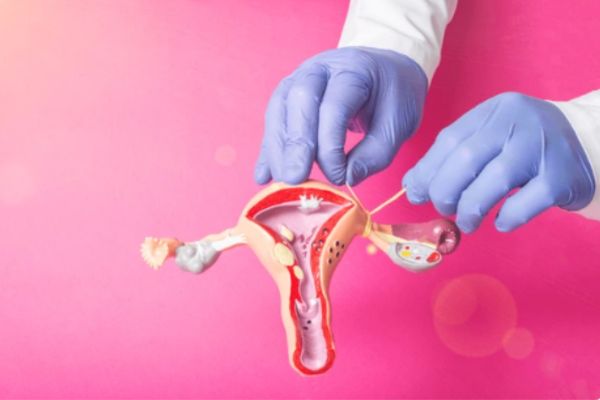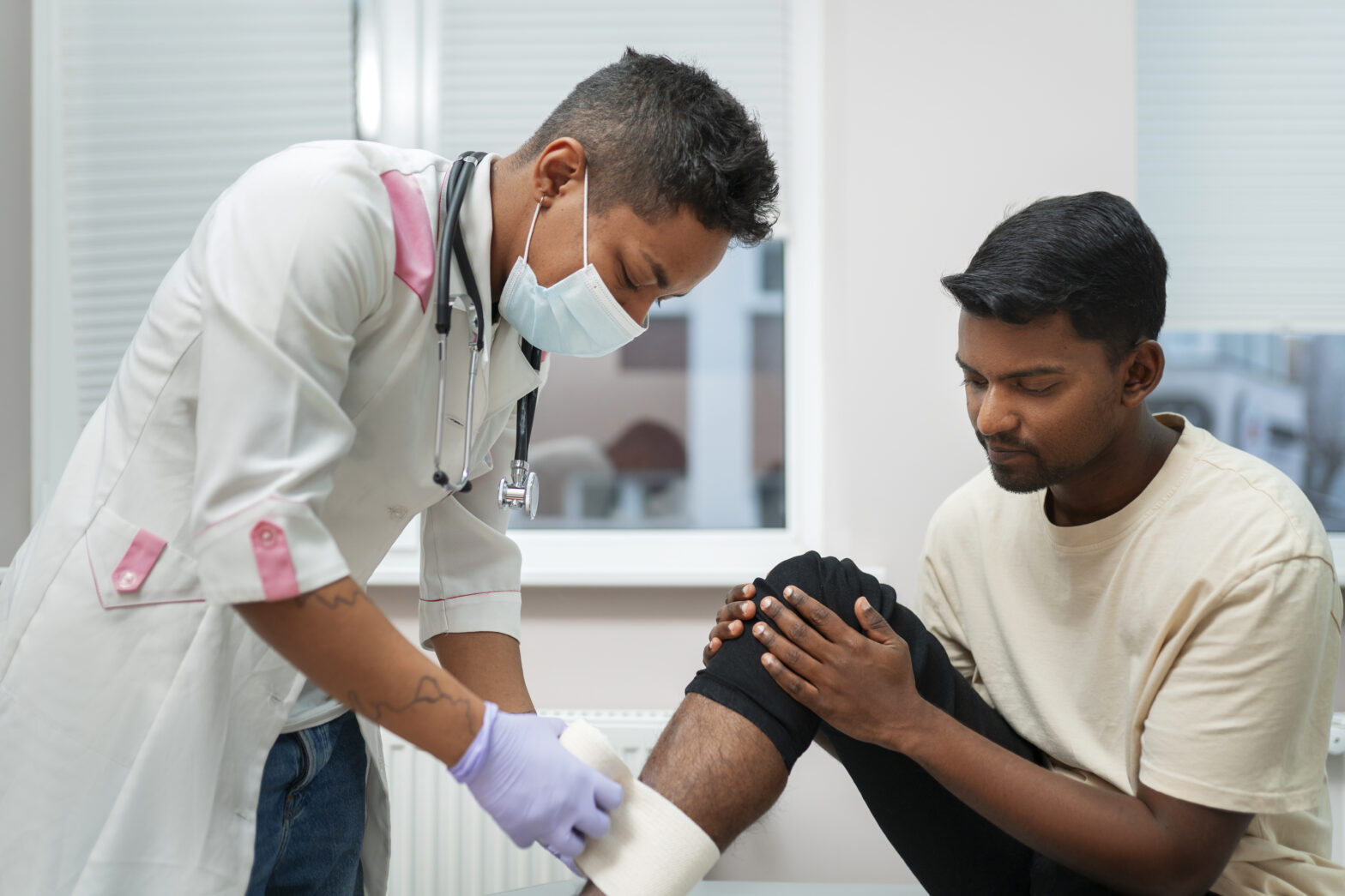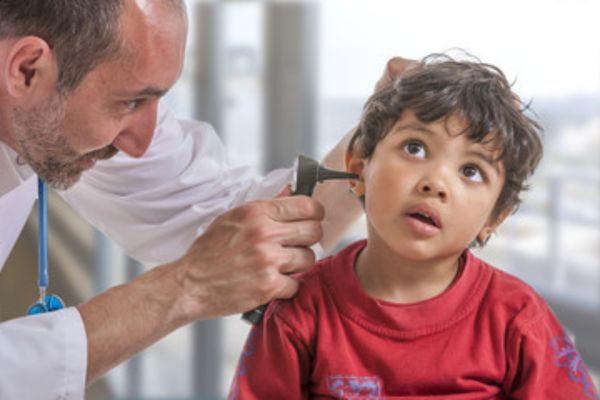Gynecological health plays a crucial role in a woman’s overall well-being. Yet, many women delay or avoid visiting a gynecologist until they experience severe symptoms. Routine check-ups and timely care are essential for early detection and prevention of potential health issues. This article will guide you on when to visit a gynecologist and the importance of doing so.
When Should You See a Gynecologist?
- First Visit (Ages 13-15)
Adolescents are encouraged to have their first gynecological visit between ages 13 and 15, even if they don’t have any health concerns. This visit helps young girls understand their bodies, discuss menstruation, and receive guidance on hygiene and reproductive health.
- Annual Check-ups
After the initial visit, routine annual check-ups are recommended. These visits allow the gynecologist to monitor overall reproductive health, discuss lifestyle changes, and offer preventive care like vaccinations or screenings. Even if you feel healthy, a yearly check-up can help identify silent conditions like infections or hormonal imbalances.
- Irregular Menstrual Cycles
If your menstrual cycle becomes unusually irregular, painful, or heavy, it’s essential to seek professional advice. Missed periods, spotting between cycles, or prolonged bleeding can indicate hormonal imbalances or underlying conditions like polycystic ovary syndrome (PCOS) or thyroid issues.
- Severe Menstrual Cramps
Mild cramps are common, but if the pain disrupts your daily routine, it may signal conditions such as endometriosis or fibroids. A gynecologist can diagnose the cause and suggest treatment options.
- Pelvic Pain or Discomfort
Persistent pelvic pain could indicate several conditions, including infections, ovarian cysts, or pelvic inflammatory disease (PID). Early diagnosis and treatment are essential to prevent complications.
- Unusual Vaginal Discharge or Odor
Changes in vaginal discharge, including unusual color, texture, or odor, might be symptoms of infections like bacterial vaginosis, yeast infections, or sexually transmitted infections (STIs). Prompt care ensures effective treatment and prevents the infection from worsening.
- Sexual Health Concerns
Whether you are sexually active or considering becoming sexually active, a gynecologist can provide guidance on contraception, sexual hygiene, and protection from STIs. Women experiencing discomfort during intercourse should also seek professional advice.
- Family Planning and Pregnancy
If you are planning to conceive, regular visits to a gynecologist will help ensure a healthy pregnancy. Prenatal care, fertility assessments, and advice on safe pregnancy practices are essential. For those not planning to conceive, consultations on contraceptive options are equally important.
- Perimenopause and Menopause
Women nearing menopause often experience irregular periods, hot flashes, and mood changes. A gynecologist can offer strategies to manage these symptoms and ensure a smooth transition. Even after menopause, gynecological care is essential to monitor conditions like osteoporosis or the risk of reproductive cancers.
Why Regular Gynecological Care is Important
- Prevention and Early Detection
Routine check-ups and screenings, such as Pap smears and HPV tests, help detect infections and cancers early, increasing the chances of successful treatment.
- Monitoring Reproductive Health
Regular visits allow your gynecologist to monitor changes over time, ensuring that potential issues are identified before they escalate.
- Tailored Health Advice
Each woman’s body is unique, and regular consultations provide an opportunity to receive personalized advice on nutrition, exercise, and lifestyle choices that align with your reproductive stage.
- Mental and Emotional Support
Women often face mental and emotional challenges during different reproductive stages. A gynecologist can offer reassurance, counseling, and even referrals for mental health support when necessary.
Conclusion
Timely and regular visits to a gynecologist are essential for every woman, regardless of age or reproductive status. These visits not only ensure physical well-being but also offer emotional and preventive care tailored to each stage of life. Remember, early detection and proactive management of health concerns can lead to better outcomes. Prioritize your health—schedule your next gynecologist visit today!






